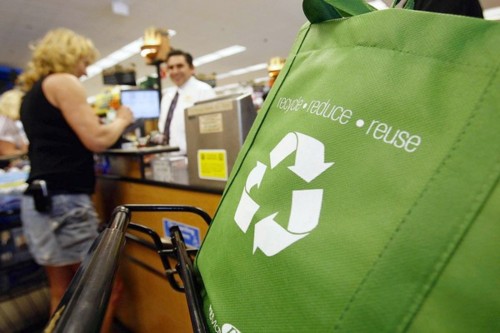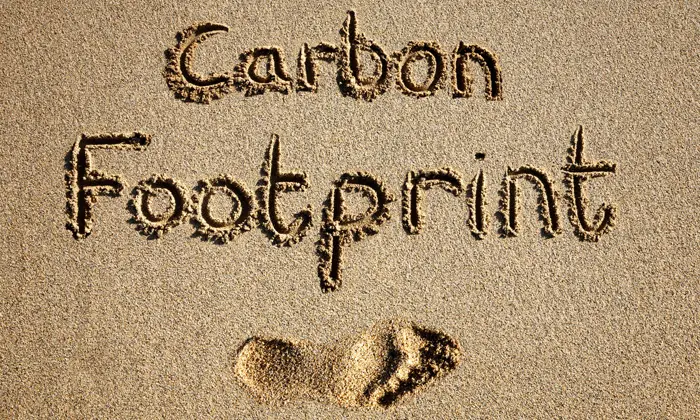Wondering What The Hottest Green News of 2013 Was? We’ve Got You Covered
We covered so much ground in 2013 and we learned a lot about a wide range of eco topics and new ways to go green. To wrap things up for the year here are five stories that received the greatest page views and feature some of our top green content for 2013.
- Plastic Pollution Strikes Again Killing Rare Sea Turtles. A study of sea turtles found that sea turtles are eating more plastic today compared to 25 years ago with some species eating almost twice as much. The study also found that younger turtles are more likely to eat plastic than some of their older relatives. When any animal consumes plastic there is a major risk of death, and given that some species of sea turtles suffer from low population levels this risk is all the more serious. The solution to this problem lies in eliminating litter, and to do that people need to reduce the amount of plastic they use, and recycle the plastic they do use.
 Three Ways to Reduce Your Carbon Footprint at Work. Your carbon footprint is a measure of greenhouse gases released through an activity, like driving a car, using Styrofoam coffee cups, and more. Greenhouse gases are behind climate change, so if you can reduce the amount of greenhouse gases unleashed on the planet you can reduce their impact. There are a lot of small things you can do in the office, ranging from using public transportation to get to work to utilizing reusable utensils and coffee mugs whenever possible, that will help reduce your carbon footprint and by default the negative impact these gases can have.
Three Ways to Reduce Your Carbon Footprint at Work. Your carbon footprint is a measure of greenhouse gases released through an activity, like driving a car, using Styrofoam coffee cups, and more. Greenhouse gases are behind climate change, so if you can reduce the amount of greenhouse gases unleashed on the planet you can reduce their impact. There are a lot of small things you can do in the office, ranging from using public transportation to get to work to utilizing reusable utensils and coffee mugs whenever possible, that will help reduce your carbon footprint and by default the negative impact these gases can have.- Reducing Your Carbon Footprint with Reusable Bags. You cannot completely eliminate your carbon footprint, but there are a ton of things you can do to reduce your environmental impact. Making the switch to reusable shopping bags will reduce the need and use of single-use plastic bags which are a major source of greenhouse gas emissions. Opting to use reusable stainless-steel water bottles and reusable travel mugs constructed from recycled plastic will also help the cause.
- Plastic in the Great Lakes. Researchers from the University of Wisconsin-Superior found plastic particles in the Great Lakes for the second time in as many years. This is concerning because plastic can easily enter the food chain, damage animals’ habitats, and pose a risk to people whose drinking water comes from this system of lakes. In response to this plastic problem, a lot of cities near the Great Lakes are contemplating reducing the use of disposable plastic bags either through bans or fee systems. Chicago, Illinois, and Madison, Wisconsin are two such cities that are debating the future of disposable plastic bags.
- How Plastic Bag Use Impacts Wildlife. Plastic trash can cause a lot of harm since it is unfortunately all too easy and common for animals, especially sea animals, to mistake plastic litter for food and consume it or become tangled in it. This is despite a lot of effort to increase recycling rates. Kicking your disposable plastic bag habit in favor of reusable grocery bags is a surefire way to eliminate plastic bag use and all of the negative impacts these bags are behind.
We are hard at work rounding up more great green stories for 2014 and we cannot wait to share them with you. Check out these posts from 2013 in case you missed them and let us know in the comments if your favorite post didn’t make the cut.

